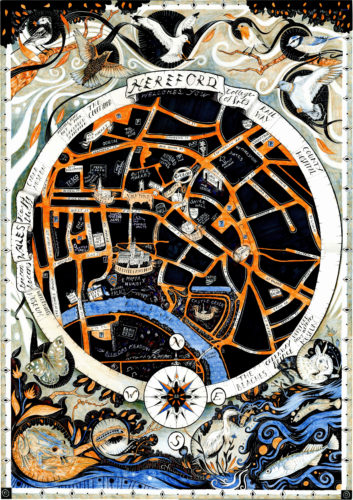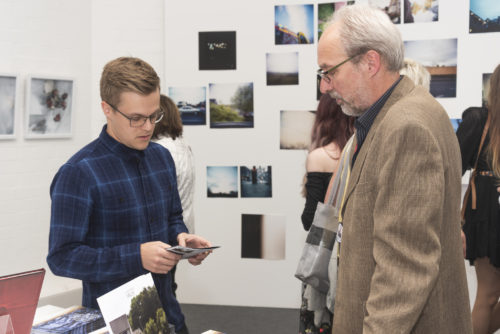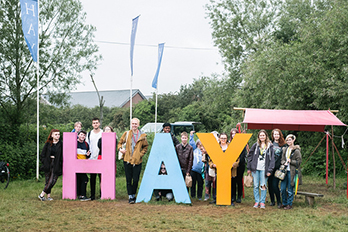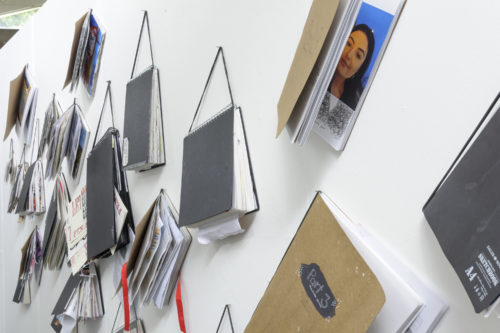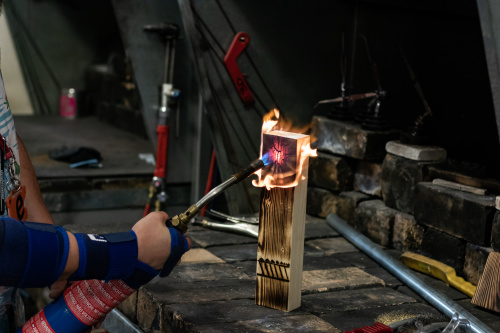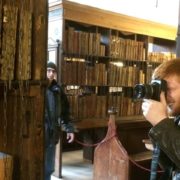October update: practice-led research, cclasses & a newsletter
Published on 02.10.16
3 ½ minute read I’m thrilled to announce our brand new ‘Scholarship Project’ HCA, Gloscol and Sgloscol newsletter. This replaces our semi-regular email ‘catch-ups’, formalising this process slightly, which makes it easier to collate information and for various groups to contribute to the newsletter. This doesn’t, of course, replace our blog posts, which exist
Categories
3 ½ minute read
I’m thrilled to announce our brand new ‘Scholarship Project’ HCA, Gloscol and Sgloscol newsletter. This replaces our semi-regular email ‘catch-ups’, formalising this process slightly, which makes it easier to collate information and for various groups to contribute to the newsletter.
This doesn’t, of course, replace our blog posts, which exist to identify and disseminate good practice and give a more holistic picture of what is happening as The Scholarship Project gains momentum across colleges.
If you want to subscribe to the HCA triad Scholarship Project newsletter please contact me directly through the comments thread below or fill in the form here. You can read our first newsletter by clicking this link.
If the newsletter is all about sharing practice, the SEDA course on ‘Supporting HE in college settings’ this week touches on the idea of the values of HE. I’m a fan of value-based education and it would be lovely to consider scholarly values within CBHE centres- which, although disparate, do have certain commonalities in terms of guiding principles.
I’m super-excited, too, that the second iteration of Jonathan Worth’s cclasses project is now live. Have a look at his web pages for more details – it would be lovely to welcome Scholarship Project staff and students to this teaching and research initiative. You can read more about the design principles put together after the first iteration here.
As part of my own cclasses second iteration I’ll be interviewing the musician, educator and academic Laura Ritchie regarding her practice-as-research. This, I hope, will feed into a larger debate here at Hereford College of Arts. Hopefully, lots of discussion might point us towards the possibility of devising critical, creative and clear research methodologies which would eventually form an alternative pathway to a traditional L6 Dissertation.
In the meantime, colleagues and myself have started to consider models of peer-led observation which we will discuss with the staff scholarship group and put forward for consideration as a policy document. Our conversation today looked at how we felt any truly scholarly observation model should be:
- Flexible
- Purposed
- Experienced as an opportunity to improve teaching practice
- Used as an opportunity to support scholarly discourse and support the building of a community of scholarly practice
Currently the closest ‘fit’ in terms of generic models of peer review (see Models of Peer Review) the system that most closely meets these requirements is the ‘Scholarly Dialogue Model’. This is based on a model of reflective dialogue by Brockbank and McGill (1998) and suggests the following process:
- Personal reflection on teaching
- Reflective dialogue with another colleague: telling the story
- Reflective dialogue with another colleague: being part of the story
- Reflective dialogue with other colleagues: enabling the development of reflection
My first thoughts are that I wonder how digital platforms might support with this kind of process, and will look forward to investigating this further in the coming weeks.
Sarah


